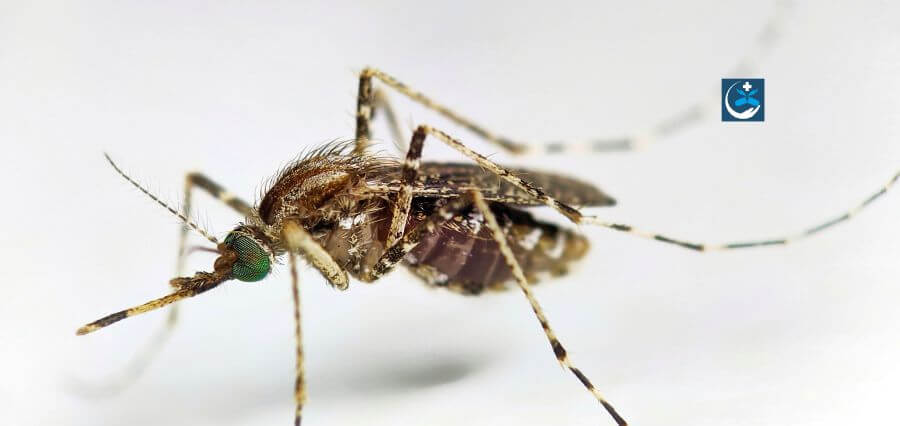Heavy rains and unprecedented flooding are exacerbating an already severe mosquito season.
According to officials with the Metropolitan Mosquito Control District, all of the increased water is resulting in more hours spent treating wetlands by helicopter. “We’re way above where we were at this point last year, and we’ve had to fly almost every week with our helicopters and do a lot of ground treatments,” said Alex Carlson, MMCD public affairs manager.
“Areas where rivers are overflowing are currently creating new mosquito habitat that we were not previously aware of. So, it’s going to be an active year, and we don’t expect it to calm down anytime soon,” he said.
Despite the recent rise in skeeters, Carson thinks this year isn’t as bad as previous years.
“We’re below the 10-year average,” Carlson explained, citing fewer ‘Cattail Mosquitoes.’
“[Cattail Mosquitoes are] just not out this year because of the drought last year and the year before — so we predicted they would be low and that’s really coming true,” he told me.
But mosquitos are more than simply a nuisance.
In addition to treating, the MMCD collects and tests thousands of mosquitoes every week. The MMCD confirmed a batch of West Nile virus-positive samples from Anoka County on June 18, which is earlier than usual.
Carlson said this is an early detection of the virus, with most cases appearing later in the summer.
“Most people who get West Nile are asymptomatic, but people who are older or immunocompromised can get very serious cases and people often do die in Minnesota from West Nile,” according to Carlson.
Richard Moberg, a man from the northeast metro, is well aware of how serious West Nile can be. Moberg tells 5 EYEWITNESS NEWS that he contracted the virus during a round of golf 20 years ago and was in and out of consciousness for two months.
“I had tubes coming out of here and here and all over the place for many months,” Moberg recalled, adding that during his rehabilitation, he couldn’t walk, get up, lift, or even raise [an] envelope with my two fingers. I’ve lost all of my strength.” As of Monday, the Minnesota Department of Health reported no human cases of West Nile.
According to the MMCD, people should take a few precautions to avoid mosquito bites:
• Remove standing water from your yard.
• Wear long sleeves and pants.
• Apply bug spray.
The MMCD said that not all bug sprays are the same, and different active components, such as deet, may not perform as well for you as they do for someone else.

